

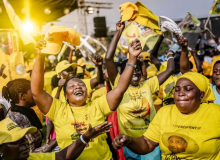
From Uganda to the US, Christians struggle with how to respond to rising authoritarianism.

Evangelicals submit a report to the UN Human Rights Council, denouncing “cases of abuse of religious freedom, political rights and racism” in Bulgaria.
.jpg)
Ahead of Sunday’s elections, the Protestant, Catholic and other churches ask to “vote for parties that stand up for our democracy”. Alice Weidel’s AfD party rises in the polls amid tough immigration debates.
.jpg)
The annulment of the presidential election won by the pro-Russian candidate leads to protests and uncertainty. An interview with Daniel Fărcaș, evangelical professor of philosophy.
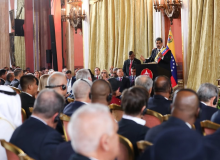
He compared himself to the biblical King David, without mentioning God or Jesus at any point in the ceremony, which was opposed in the streets by thousands.
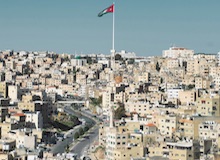
The country held parliamentary elections in September. The Islamic Action Front party won 31 seats, the largest number of seats for a party in parliament.
.jpg)
“Pray that what is really in the hearts of the individual candidates is revealed”, says Oliver Stozek, leader of the Austrian Evangelical Alliance.
.jpg)
The first-ever victory of the far-right AfD comes in a context of growing divisions between how people in the east and the west of the country perceive society.
.png)
The initial “prayers” lead to a deeper reflection on polarisation in the public space, hatred, and the need for a biblical vision to change the direction of the country.
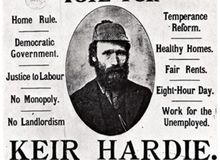
Keir Starmer’s parents reportedly named him after Keir Hardie, the radical Christian co-founder of the Labour Party. Unlike Hardie, the new UK prime minister belongs to the 37% of Brits who tick the ‘no religion’ box.
.jpg)
Some will likely stick with him as a “known quantity” but his push to further regulate churches and legalize euthanasia have shocked and alienated many Christians.
.jpg)
The hard right and nationalists will not be indispensable in the new European Parliament but hey shake the national scenario in countries like France and Germany.
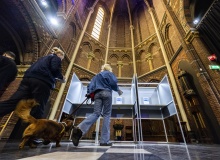
How can or should churches respond to the upsurge of nationalism in general, and in particular the way in which it plays a key-role in populist movements?
The country is preparing for the era of coalition government at the state level. According to evangelicals, it can “craft productive partnerships for the common good”.
.jpg)
The Evangelical Alliances in Sweden, Austria, Germany and Spain offer resources to give reasons to vote for the European Parliament, on 6-9 June.
.jpg)
So much has changed since the last European Parliament election in 2019, but one thing that hasn’t changed is the influence of nationalism. If anything, it is a bigger issue in 2024 than it was in 2019 or back in 2010.
.jpg)
Christians may vote for different political parties but there is great significance in praying together in humility and unity for our nations and our continent. Here are some suggestions.
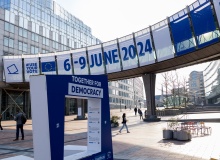
No matter what some candidates might tell you, there are no easy fixes to complicated issues. We trust that this list of questions will help you in your preparations for the European elections.
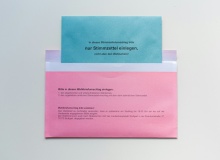
We live in a fallen world. All of us – our politicians, our leaders, ourselves – are tainted by sinful tendencies. Which is why we need institutions to keep power in check.
.jpg)
Christians & European Elections (3). The Moldovan Valeriu Ghiletchi leads a movement of Christian politicians in Europe. He calls on citizens to defend the rights enjoyed on the continent.
.jpg)
Christians & European Elections (2). Evangelical voices in six countries agree on seeking more collaboration and foresight to maintain peace. Most rule out pacifist approaches.

Be aware of the role of artificial intelligence in elections, especially in your social media timeline. Truth and trust should go hand in hand.
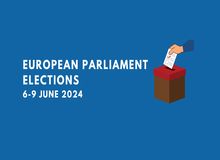
The EEA says it will not tell Christian in Europe “how to vote” but aim to offer a resource to “help you to elect the next Parliament responsibly”.
.jpg)
A ‘sharp right turn’ is coming up fast as we approach elections across Europe this year, at both national and European levels. Migrant-scapegoating and nationalism is on the rise in our continent.
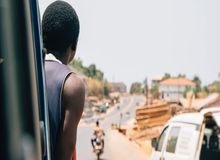
Christians in Western Africa analyse the situation after nine military coups experienced in the region in only three years.

Las opiniones vertidas por nuestros colaboradores se realizan a nivel personal, pudiendo coincidir o no con la postura de la dirección de Protestante Digital.